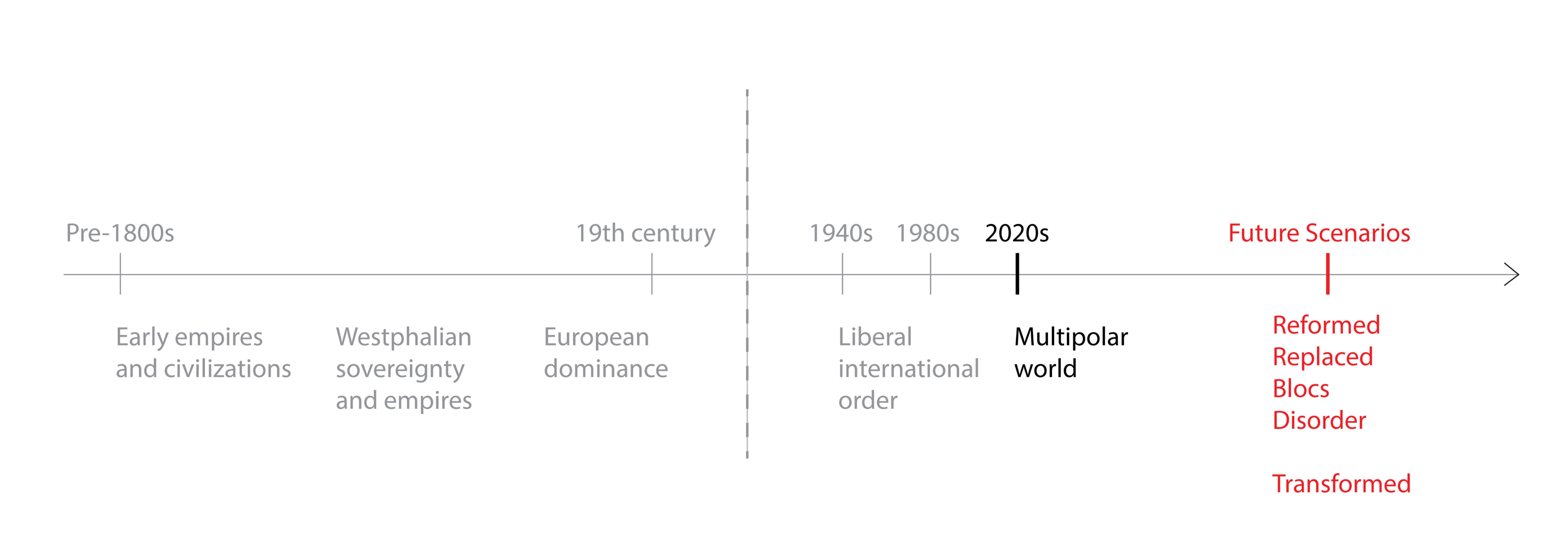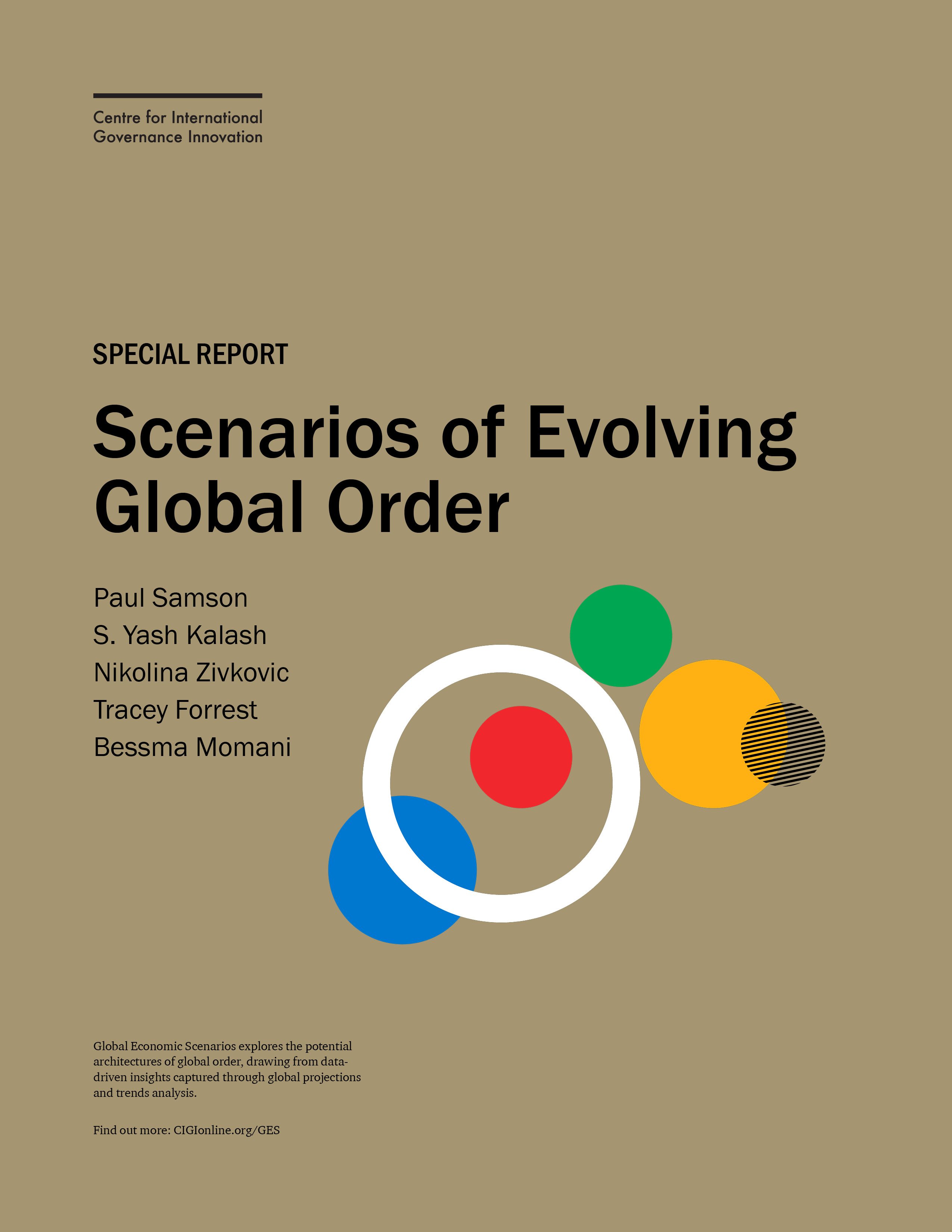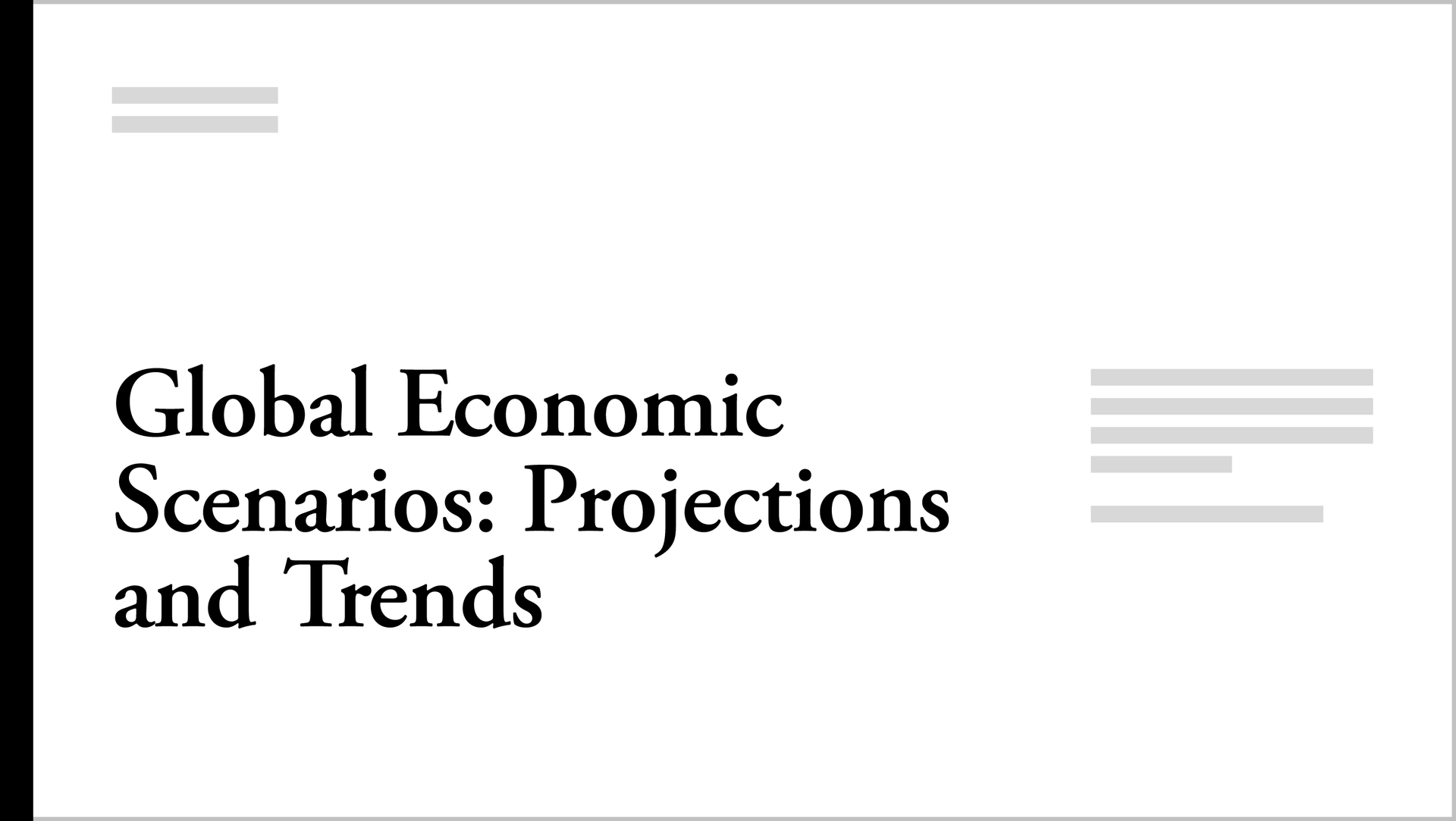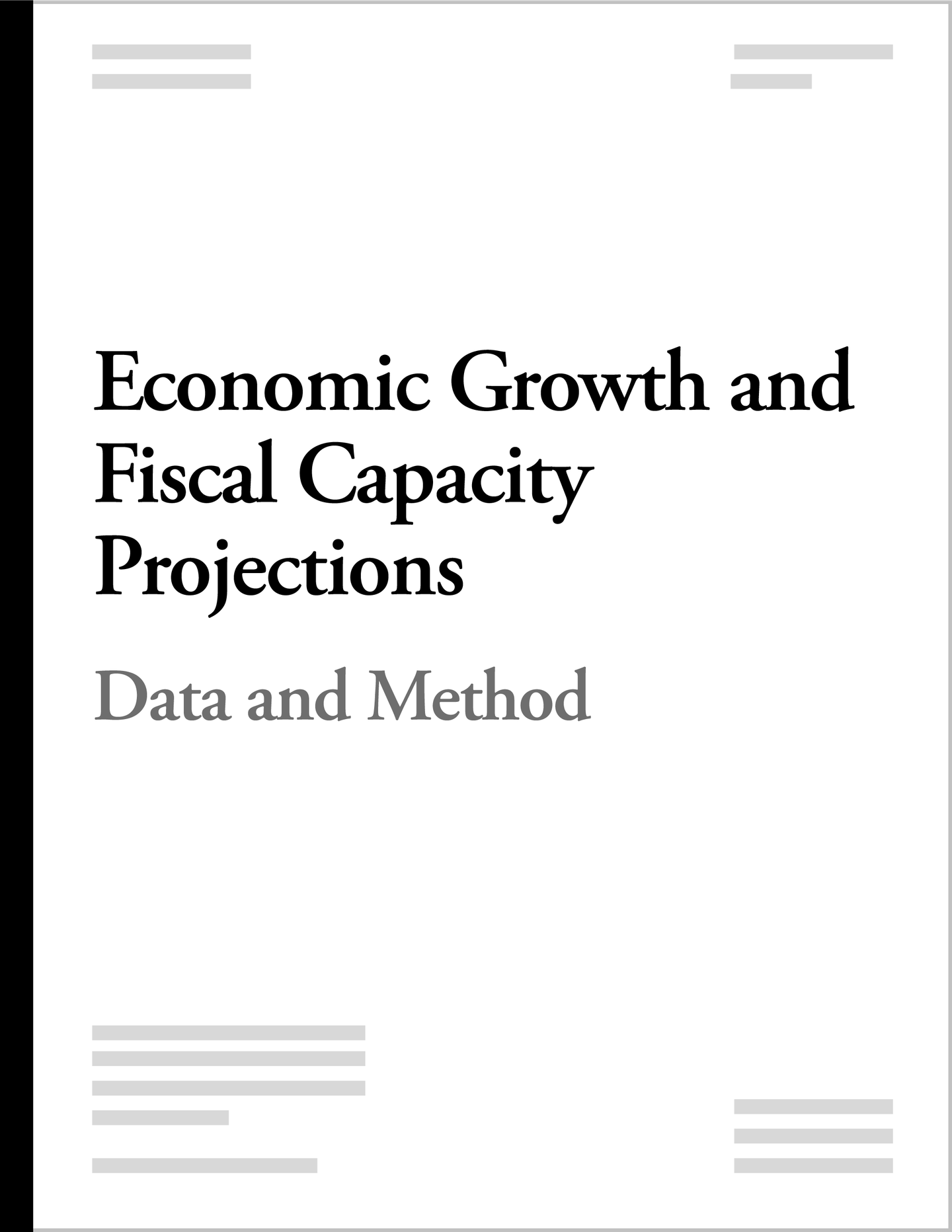About
Projections and Trends
The projections and trends analysis uses historical data on demographic, economic and fiscal indicators with an empirical framework to calculate three sets of growth projections to 2040, each based on different assumptions. The analysis also considers the key role of technology in affecting growth and state capacity and recognizes other key challenges such as environmental change, inequality and democracy, and various uncertainties. Not only does this analysis provide data-driven insights into the medium-term conditions of different countries and regions, but it also carries implications for the future of global economic order by way of governance and cooperation.
Scenarios of Evolving Global Order
While a multipolar world has emerged, the system of global order within it is yet to be determined. This CIGI special report outlines a range of possible scenarios and pathways for an evolving global order, drawing on the insights of the initial projections and trends to assess broader geopolitical dynamics. The scenarios are not mutually exclusive and can evolve simultaneously, compounding conditions over time. We hope that by stimulating critical thinking and discussion, we can help equip policy makers with the foresight necessary to anticipate risks and opportunities in an uncertain future.
Highlights
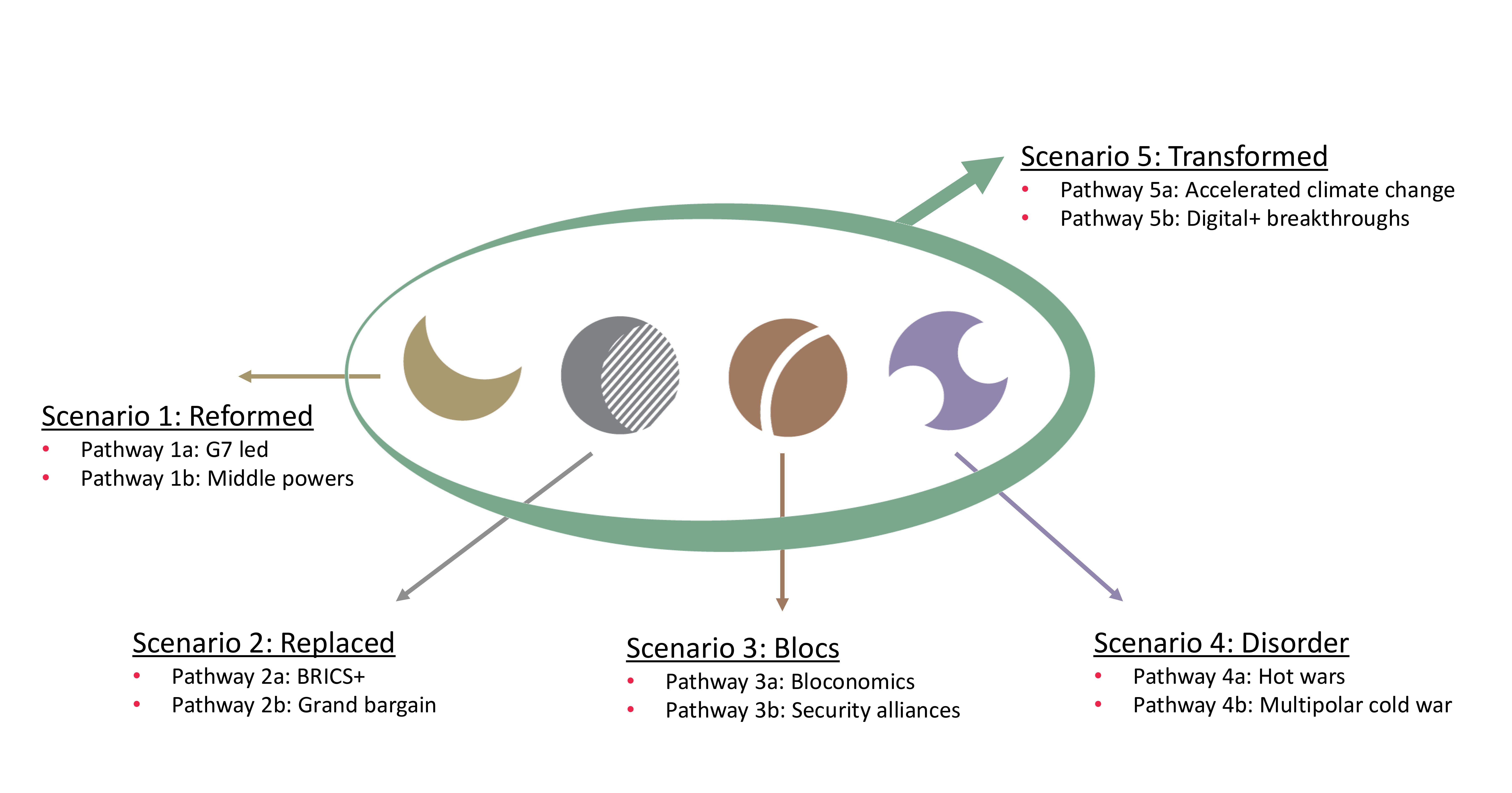
Five overarching findings collectively frame a foundation for exploring future scenarios of global economic order.
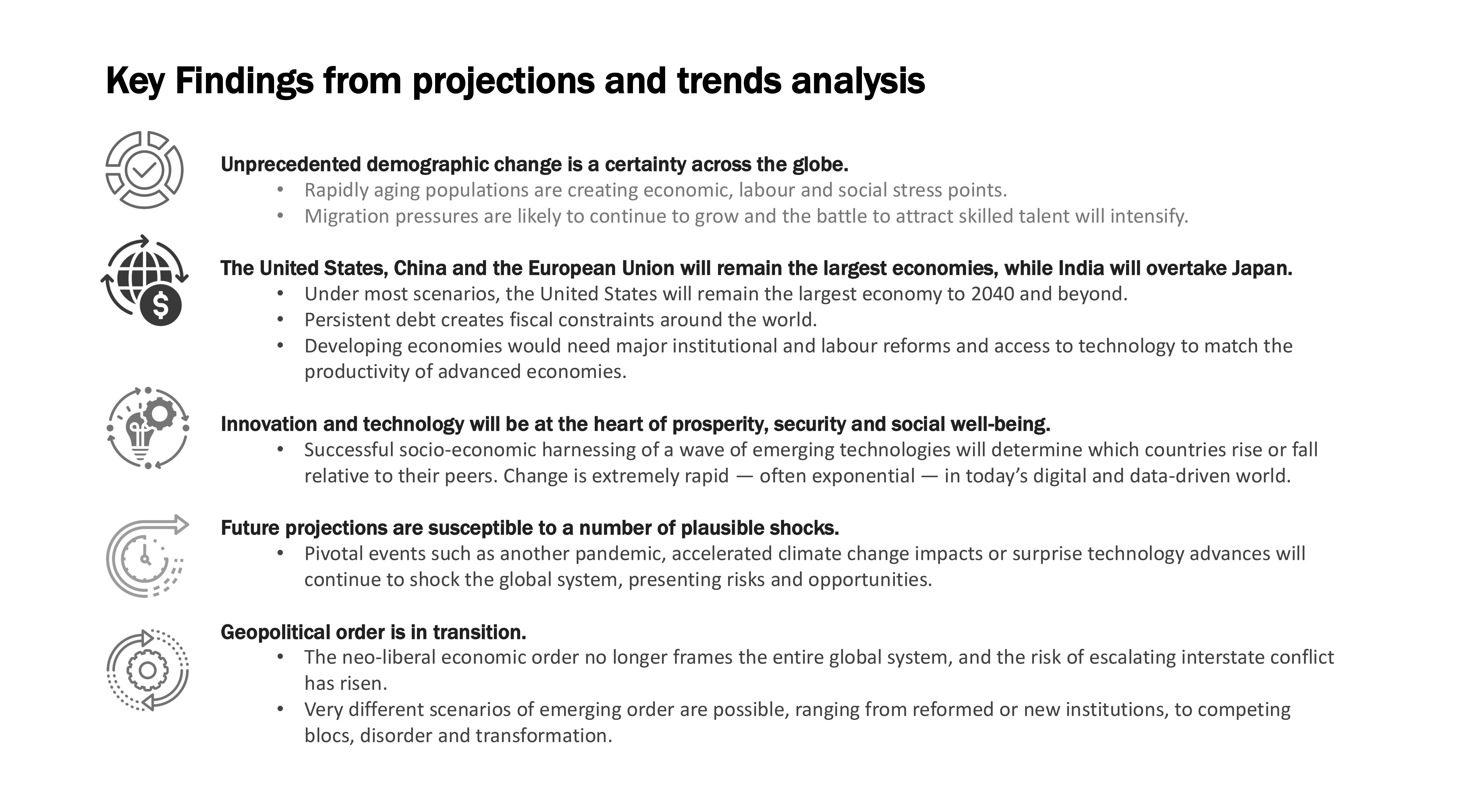
World population growth is slowing down due to falling birth rates. Populations are getting older in every region outside of Africa.
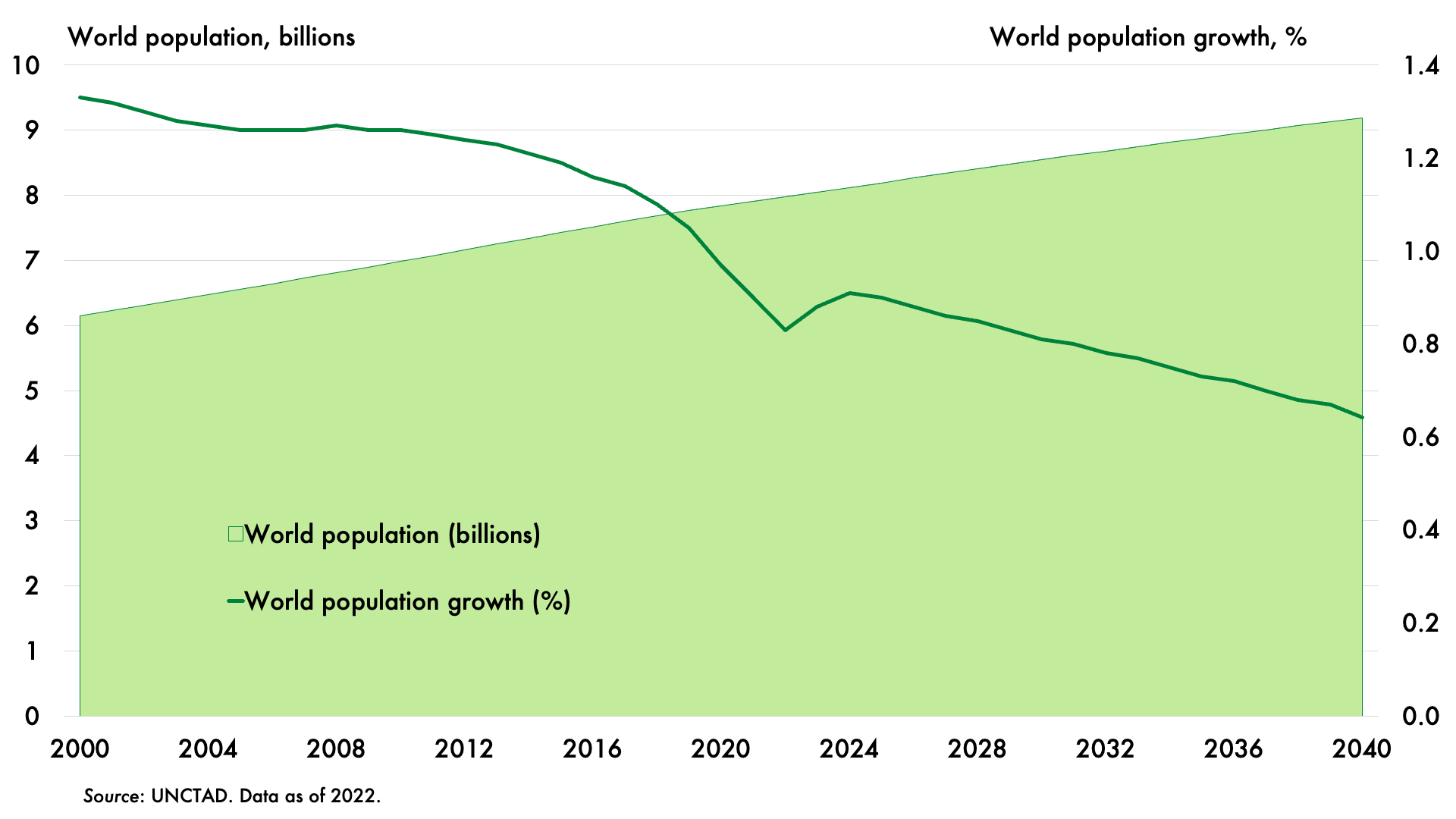
In each case, share of world GDP for the United States, the European Union and Japan shrinks by 2040, whereas India’s share is expected to rise. China’s share varies.
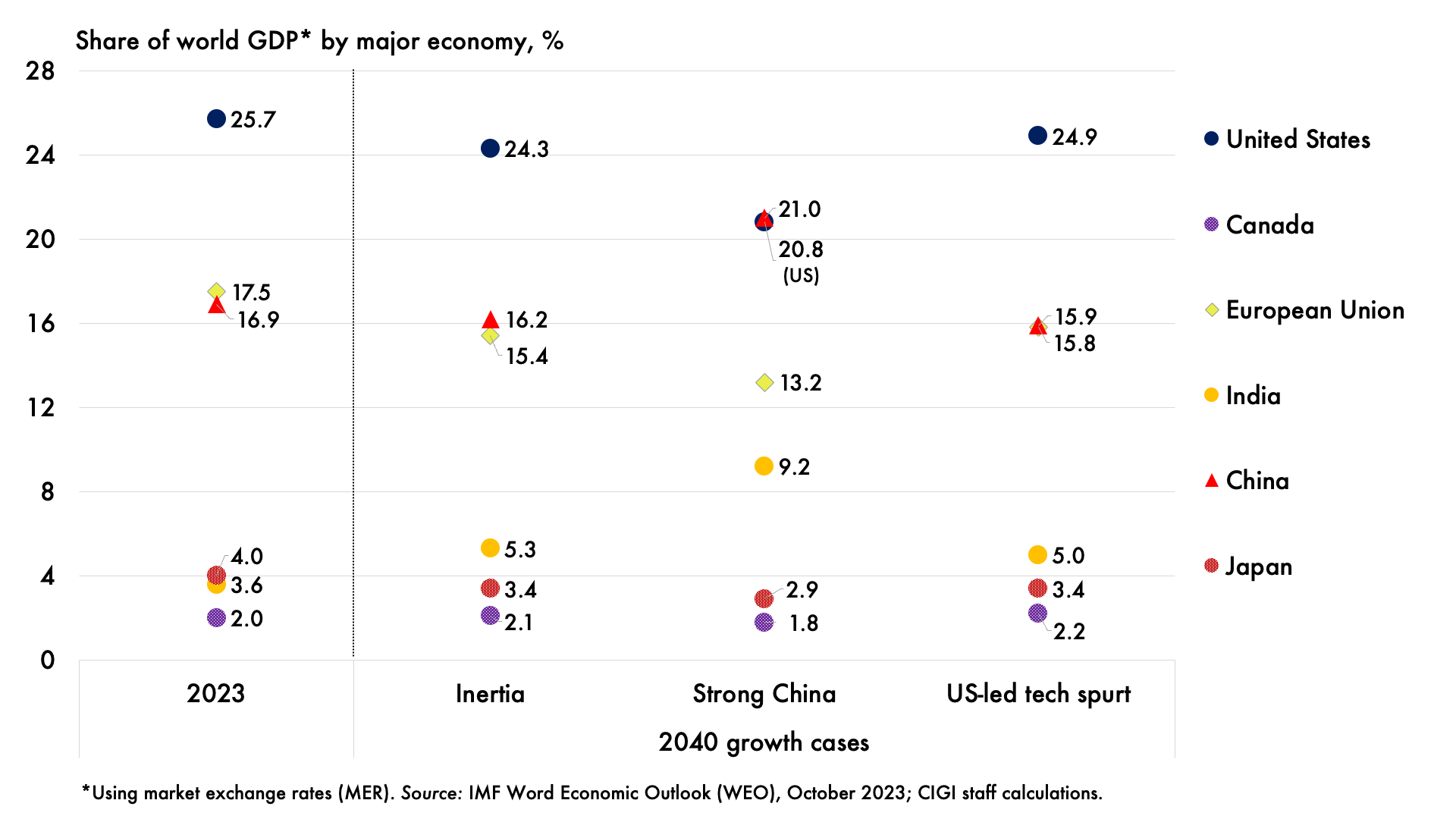
It is unlikely that China could surpass the size of the US economy in the next 15 years.
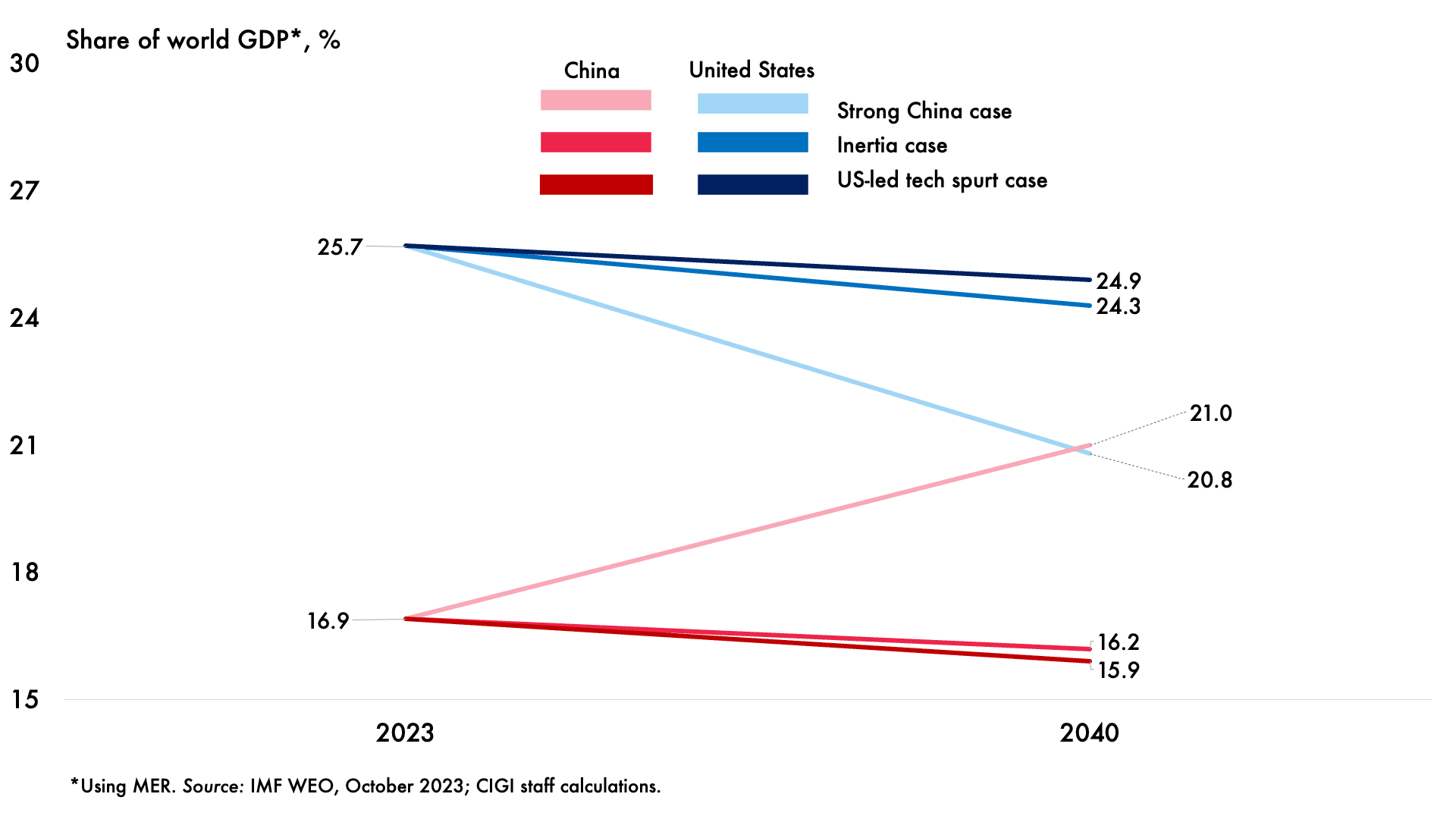
Using PPP, China is already the largest economy. Although it is useful for comparing living standards, PPP is subject to measurement error and does not represent a country’s actual economic weight.
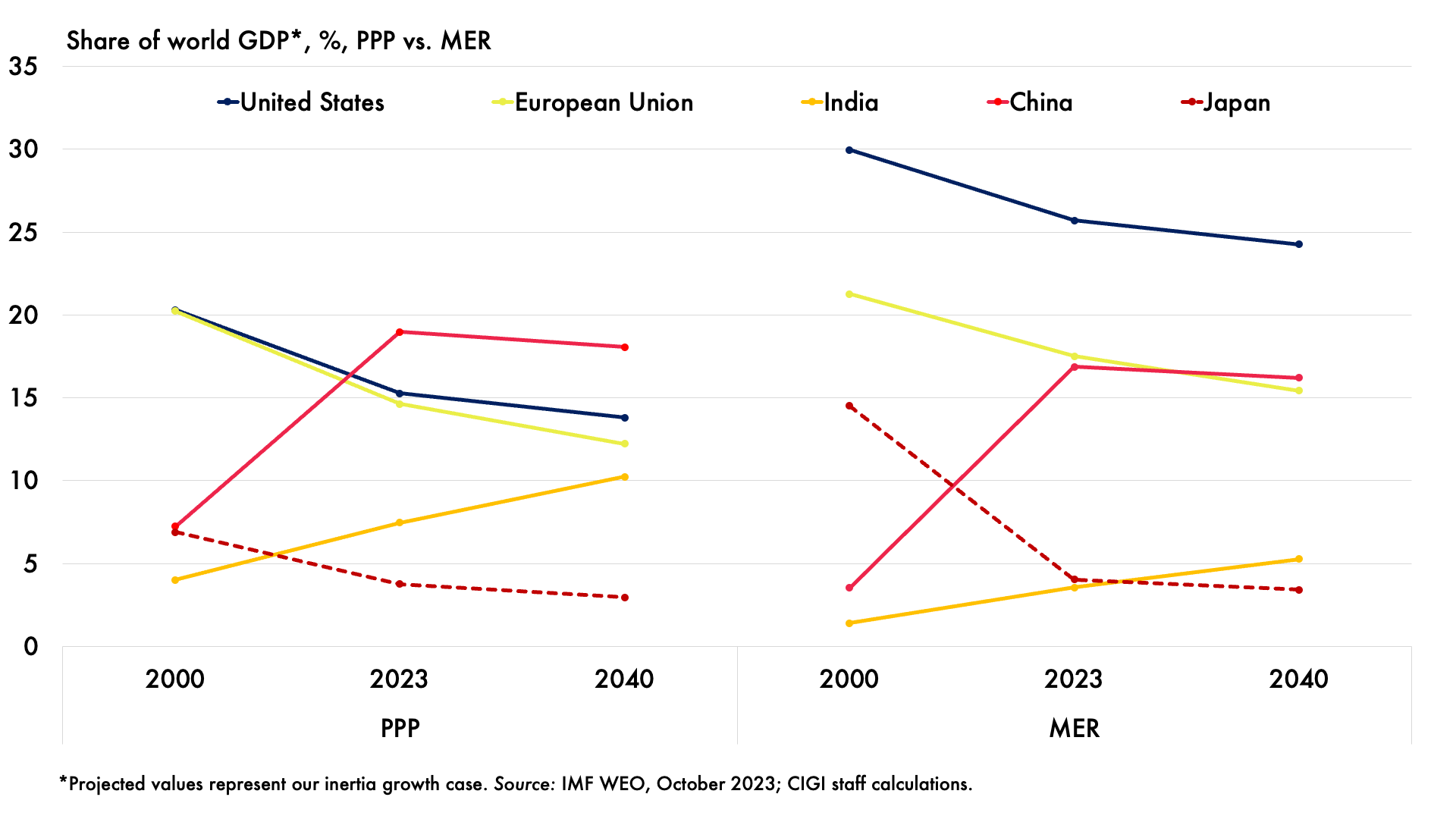
Debt stocks rose significantly over the past two decades. Interest rates are likely to remain higher than in the 2010s and many countries will struggle to manage deficits.
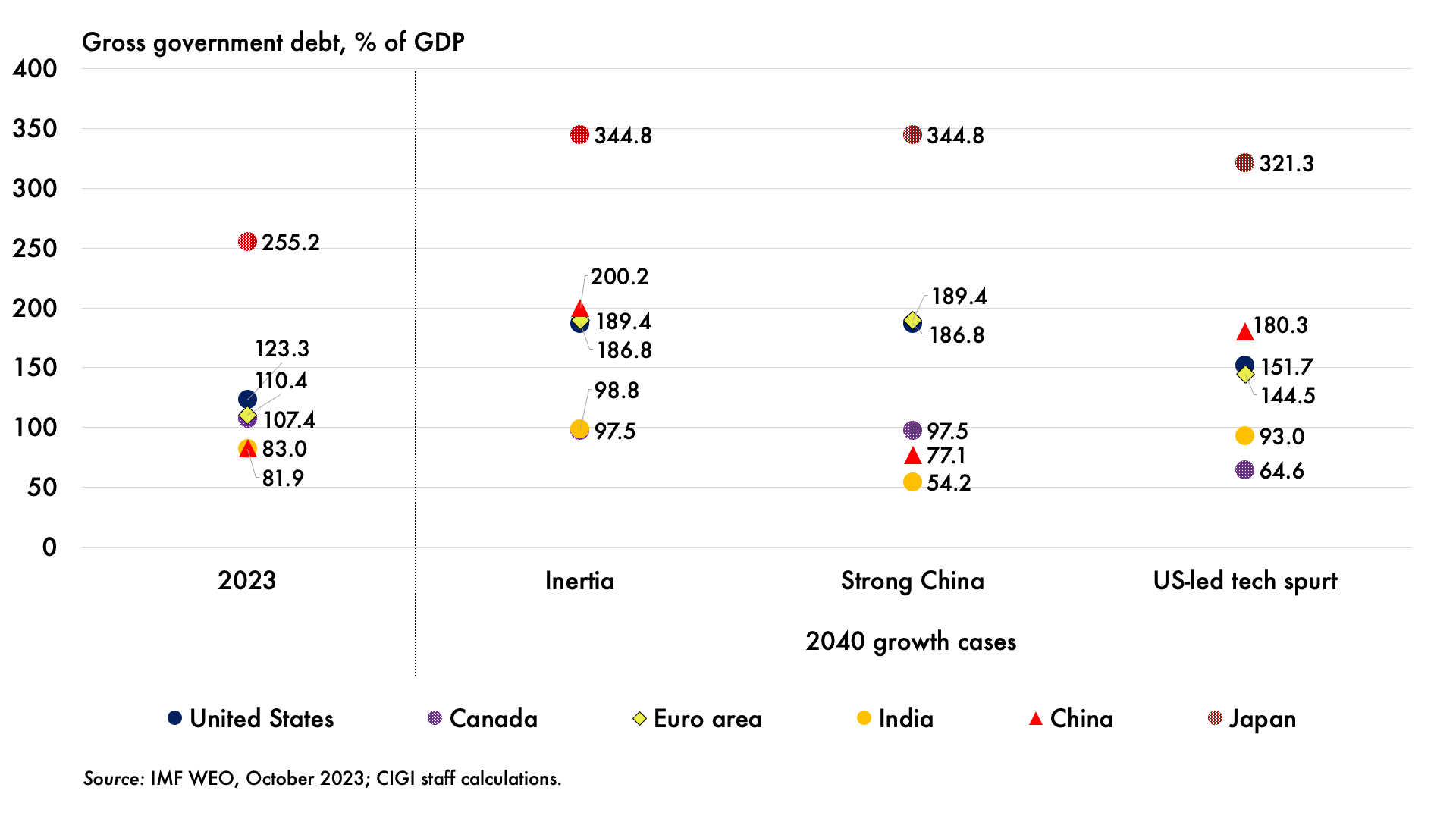
Technologies transform society through creative destruction and intertwine to create new economic possibilities, which will play a big part in determining economic growth and state capacity in all scenarios.
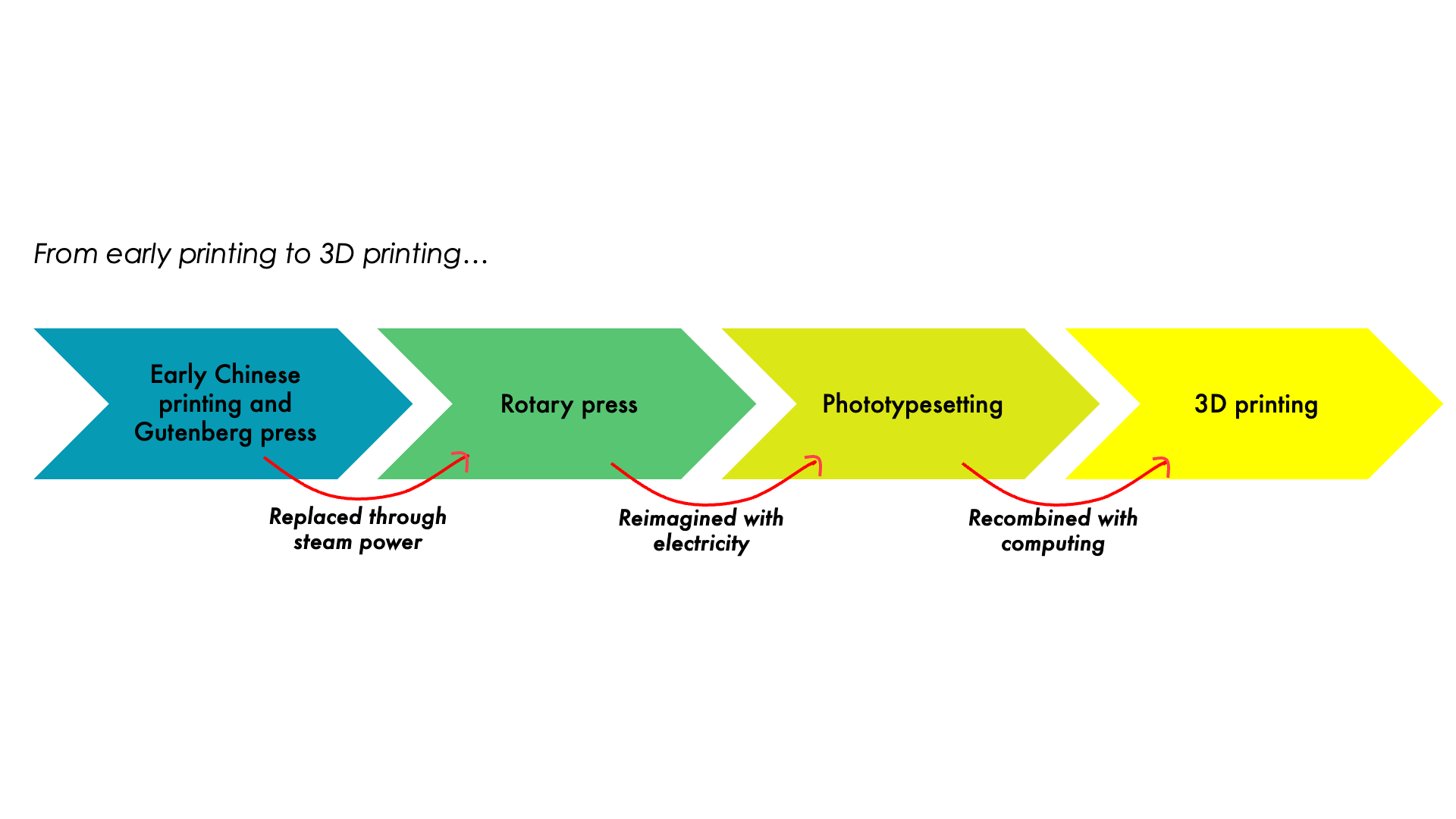
Unpredictable yet highly plausible events come as surprises since they cannot be forecasted with precision.
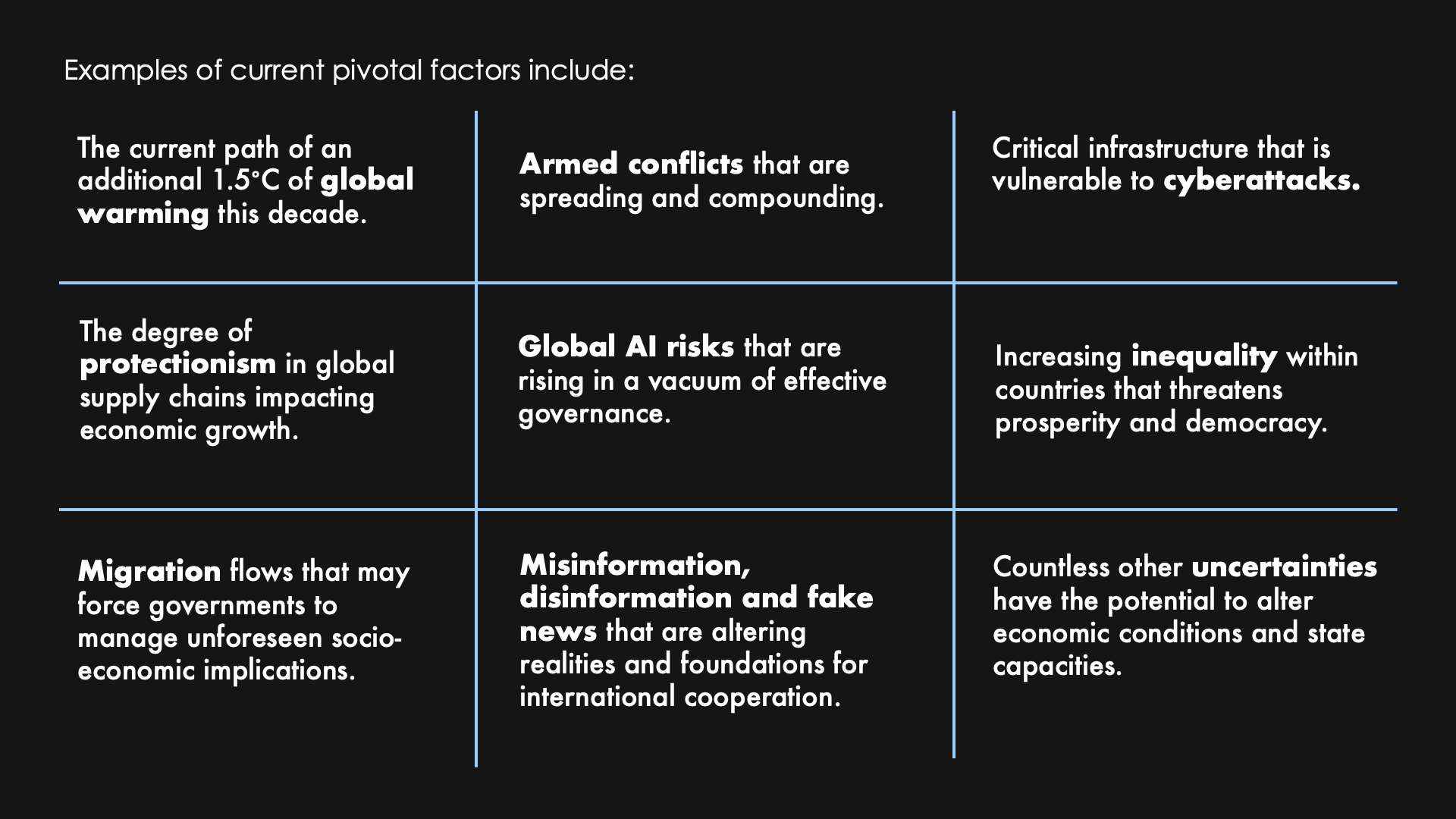
Discontent with the existing rules-based international order is fraying multilateralism. Geopolitical fragmentation is fuelling tensions between democratic and authoritarian models.
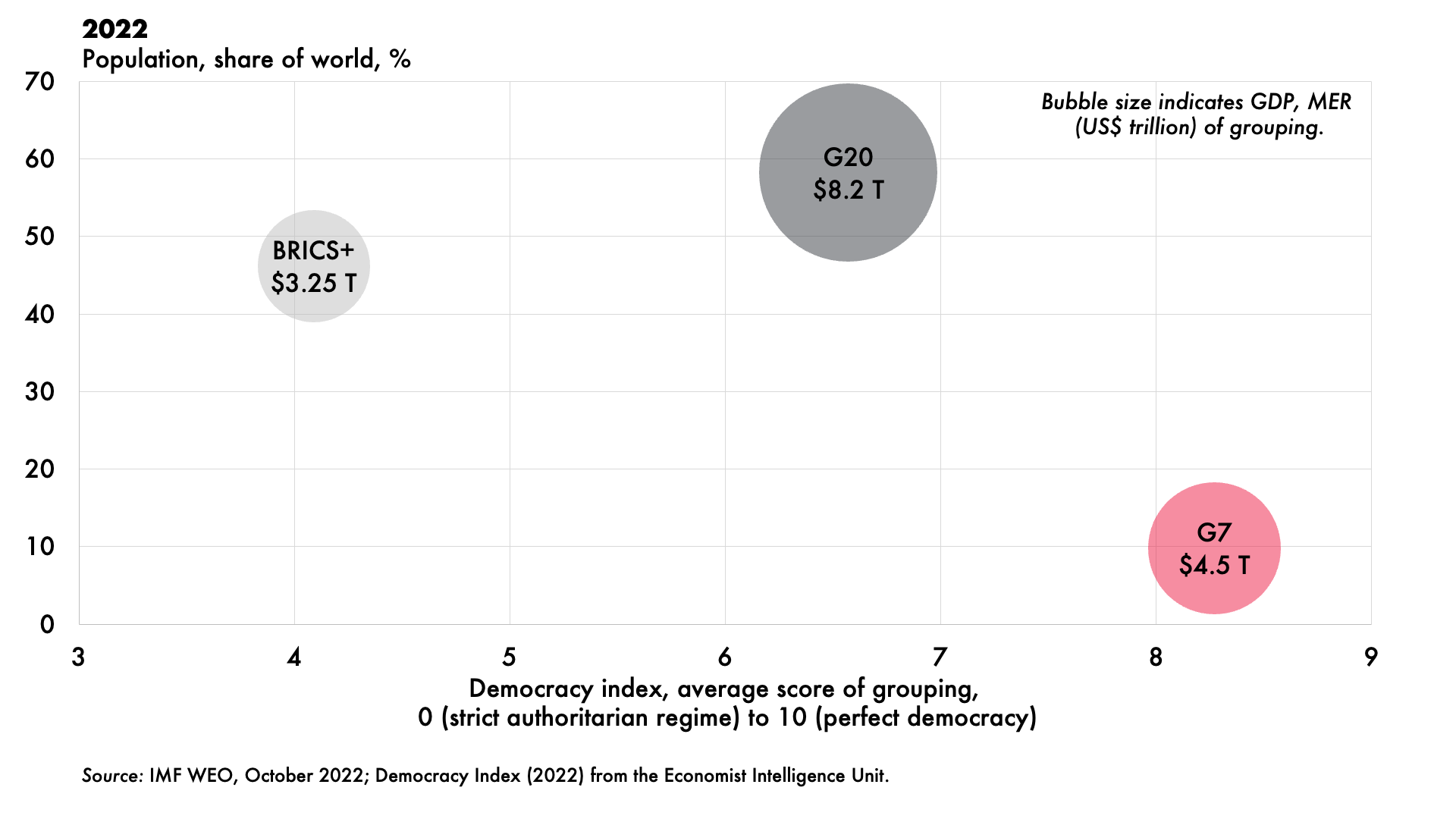
The multipolar world can take many forms. Future work will explore the dynamics that may shape the economic landscape of global order in the medium term.
